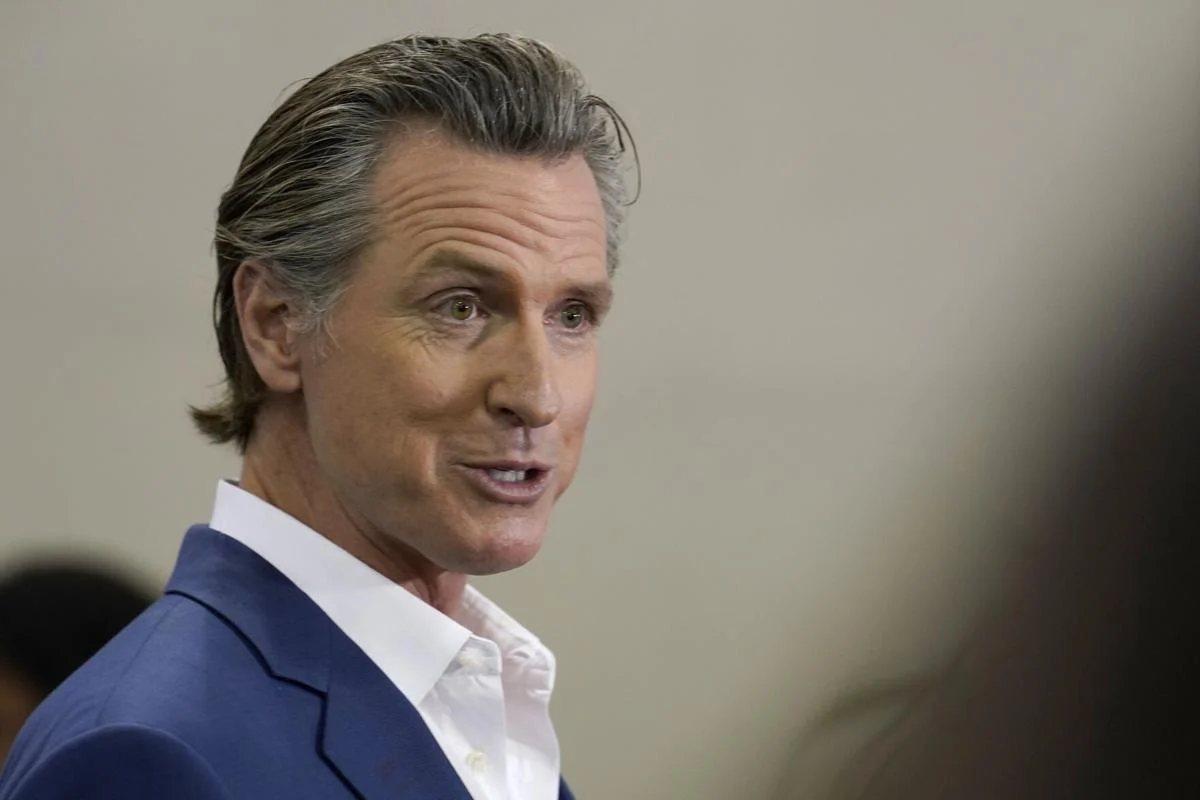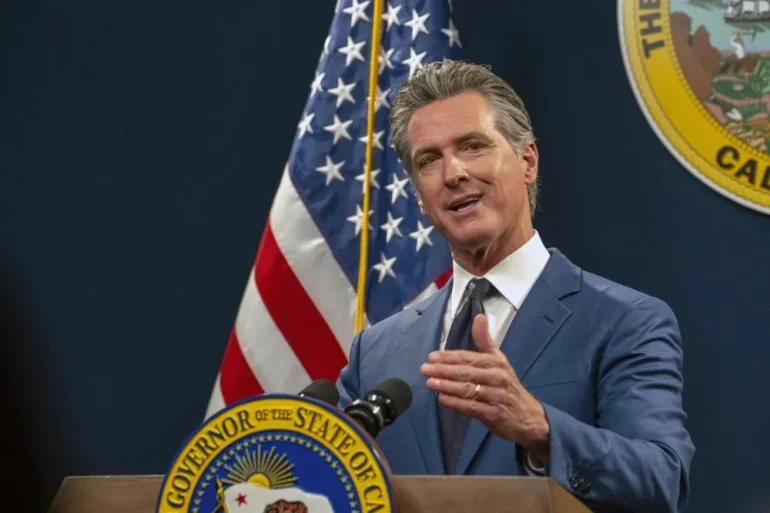Governor Gavin Newsom signed new legislation to address a $2.8 billion shortfall in California’s Medicaid program, known as Medi-Cal. The move ensures health coverage through June for approximately 15 million low-income residents, including undocumented immigrants. This funding is part of a broader effort to close a $6.2 billion gap in the state’s Medicaid budget.
The shortfall stems partly from the unexpected financial strain caused by the state’s ambitious expansion to offer free health care to all low-income adults, regardless of immigration status.
Rising Costs and Enrollment Push California’s Medicaid Budget Beyond Initial Projections
A significant contributor to the budget deficit is California’s expansion of Medi-Cal to include undocumented adults aged 26 to 49. This latest phase of coverage, launched in 2024, cost $2.7 billion more than anticipated due to underestimated enrollment figures. California based its budget projections on just one month of data and has not yet disclosed the total number of new enrollees.
Other factors, such as rising pharmacy expenses and increased enrollment among older adults, have also added pressure, pushing costs up by another $1.6 billion.

To manage the immediate crisis, California borrowed $3.44 billion from its general fund, the legal maximum, to sustain Medicaid payments in March. The recently approved $2.8 billion in additional funding is also expected to unlock federal matching funds to cover costs through the end of June. Despite these efforts, state officials have warned that the current path is unsustainable and are exploring cost-cutting measures, including ending some pandemic-era Medicaid protections that prevented disenrollment.
Democratic Leaders Defend Immigrant Coverage Amid Budget Strains and Federal Funding Threats
Governor Newsom and other top Democratic leaders have reiterated their commitment to maintaining health coverage for undocumented immigrants despite fiscal challenges. While some Republican lawmakers have criticized the expansion and called for an audit, Newsom defended the policy, arguing that investing in preventive care ultimately saves the state money. Democratic leaders acknowledge difficult budget decisions lie ahead but remain focused on protecting vulnerable communities’ access to care.
California’s budget woes could be exacerbated if Republicans in Congress proceed with proposed Medicaid funding cuts. The state heavily relies on federal contributions, which account for more than half of its $112.1 billion Medi-Cal budget. If federal support shrinks, California may be forced to reduce coverage, limit enrollment, or increase taxes. State officials warn that such cuts could disrupt health care access for millions, as California lacks the resources to fully replace lost federal funds.

